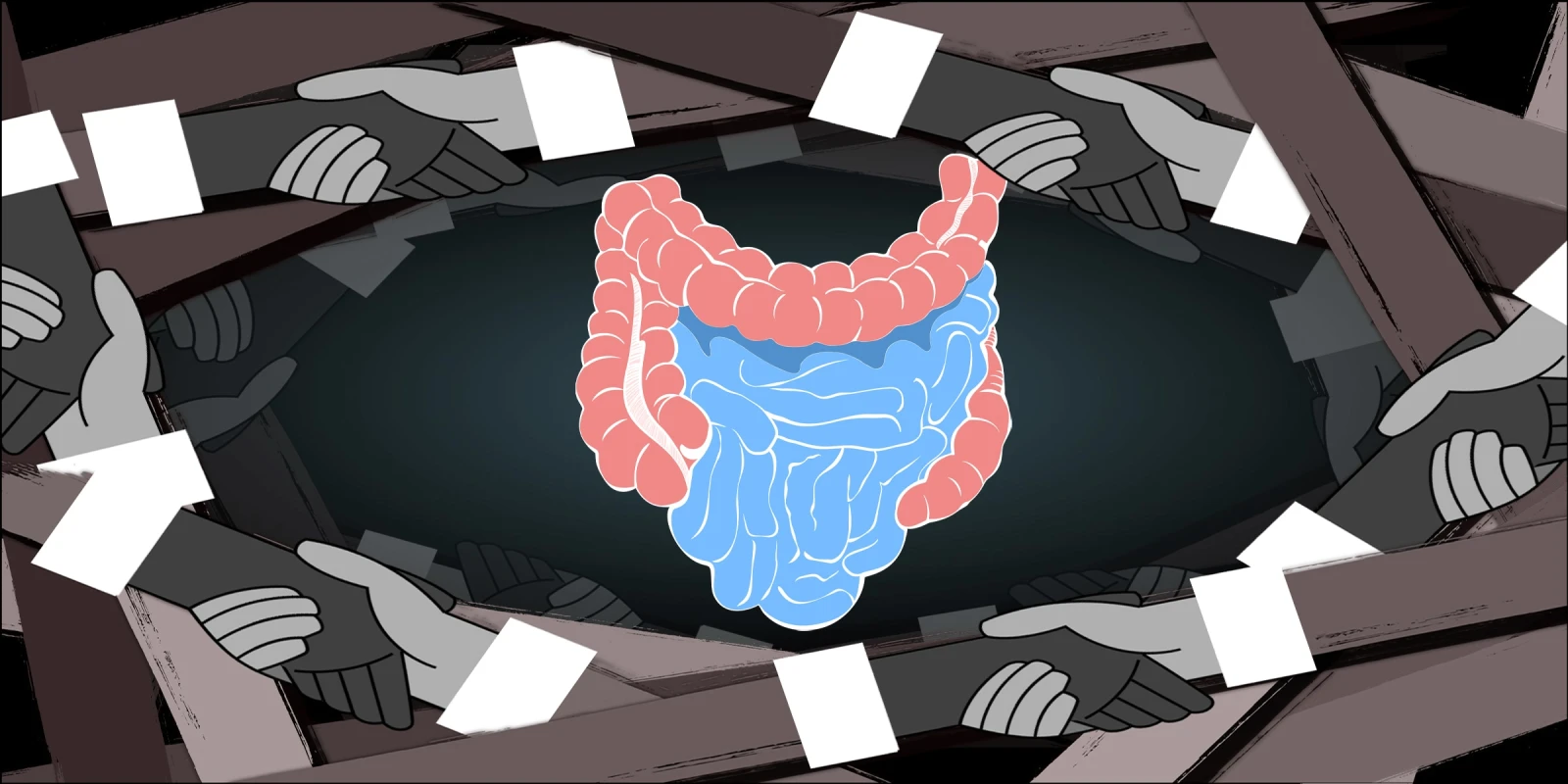At the annual Advances in Inflammatory Bowel Disease Course in Orlando, Florida, I debated Stephen Hanauer, Clifford Joseph Barborka Professor of Medicine, from Northwestern University on the topic, Steroids-Never or Forever. I was assigned the position of steroids never whereas Dr. Hanauer was assigned the steroids forever position. Debates are fun, but it was clear from listening to both lectures that neither of us felt that steroids could be eliminated from clinical practice although there are certainly ways to limit steroid use. Why should we limit steroid use? A recent survey from the United Kingdom reported on the perceived adverse effects of treatment with conventional corticosteroids (prednisolone) vs. budesonide. They discovered that 2/3 of patients report adverse effects with use of prednisolone. The most common adverse effects were weight gain, cosmetic changes, insomnia, and depressive and anxiety symptoms. More concerning was that steroid use was associated with suicidal thoughts or attempts in 5% of patients. Budesonide was much better tolerated although more than 25% experienced adverse effects(1). Another study evaluated the safety of steroids in patients with inflammatory bowel disease (IBD). The authors found that mortality, hip fractures, and major cardiovascular events were more frequent in patients treated with steroids compared to anti-TNF therapy.
Given these risks, why do we continue to prescribe steroids? First, despite advances in therapies for patients with IBD, 30-40% of patients do not respond to treatment and a significant proportion of patients lose response to treatment. Thus, even if providers could easily access advanced therapies, a significant number of patients will need additional therapy with drugs like steroids before cycling to another treatment. Additionally, a study published in Pediatrics demonstrated that the median time to initiate a biologic was 3 weeks. More concerning was the finding that a requirement for prior authorization or complicated prior authorization resulted in another 10 to 25 days delay in starting treatment. Thus, some patients may have to wait 6 weeks to start biologic therapy; far too long to tolerate moderate to severe symptoms without a bridge therapy like steroids.
How can we do better? First, when evaluating a patient in the office, it is important to obtain required diagnostic testing such as hepatitis serologies and an assessment of exposure to tuberculosis early to avoid delays in starting advanced therapy due to the need for further testing. Second, when prescribing steroids, providers should consider use of ileal release budesonide or delayed and extended-release budesonide as a “prednisone sparing” strategy. Third, when prescribing prednisone, an exit strategy to a biologic or small molecule is mandatory to prevent prolonged or recurrent steroid use. Fourth, newly approved small molecule therapies including janus kinase (JAK) inhibitors (tofacitinib and upadacitinib) and sphingosine 1 phosphate (S1P) modulators (ozanimod) have been shown to have a rapid onset of action. For example, JAK inhibitors are associated with improvement in symptoms relative to placebo as early as 3 days after initiating treatment. Ozanimod has been associated with clinical response in 40% of patients within two weeks of starting treatment. Additionally, as these drugs are oral therapies, utilization of samples in the office can result in starting therapy the same day that treatment is agreed upon. It is also possible that if these therapies are not desired for long term use due to concerns about safety of both classes of therapies in patients with cardiovascular disease, it is possible to use these therapies as bridge therapy instead of prednisone until a biologic is approved. Additionally, it is likely safe to use a small molecule while overlapping with a novel biologic such as vedolizumab, ustekinumab, and risankizumab. Lastly, gastroenterologists can collaborate with providers in the community to be stewards of appropriate steroid use to improve patient outcomes. In summary, although it is likely that steroids will continue to be used to induce remission in patients with IBD, there are a number of best practices gastroenterologists can employ to limit use.
Dr. Cross has no conflicts of interest to report.
References:
1. Al Sulais E, Parkes G, Gecse K, Finney-Hayward T, Selinger C, Raine T, editors. Patient-Reported Burden of Corticosteroid Use in Inflammatory Bowel Disease in the UK: Results from the Determinants, Incidence, and Consequences of Corticosteroid Excess (DICE) Impact Questionnaire. United European Gastroenterology; 2022; Austria.
Illustration by April Brust





